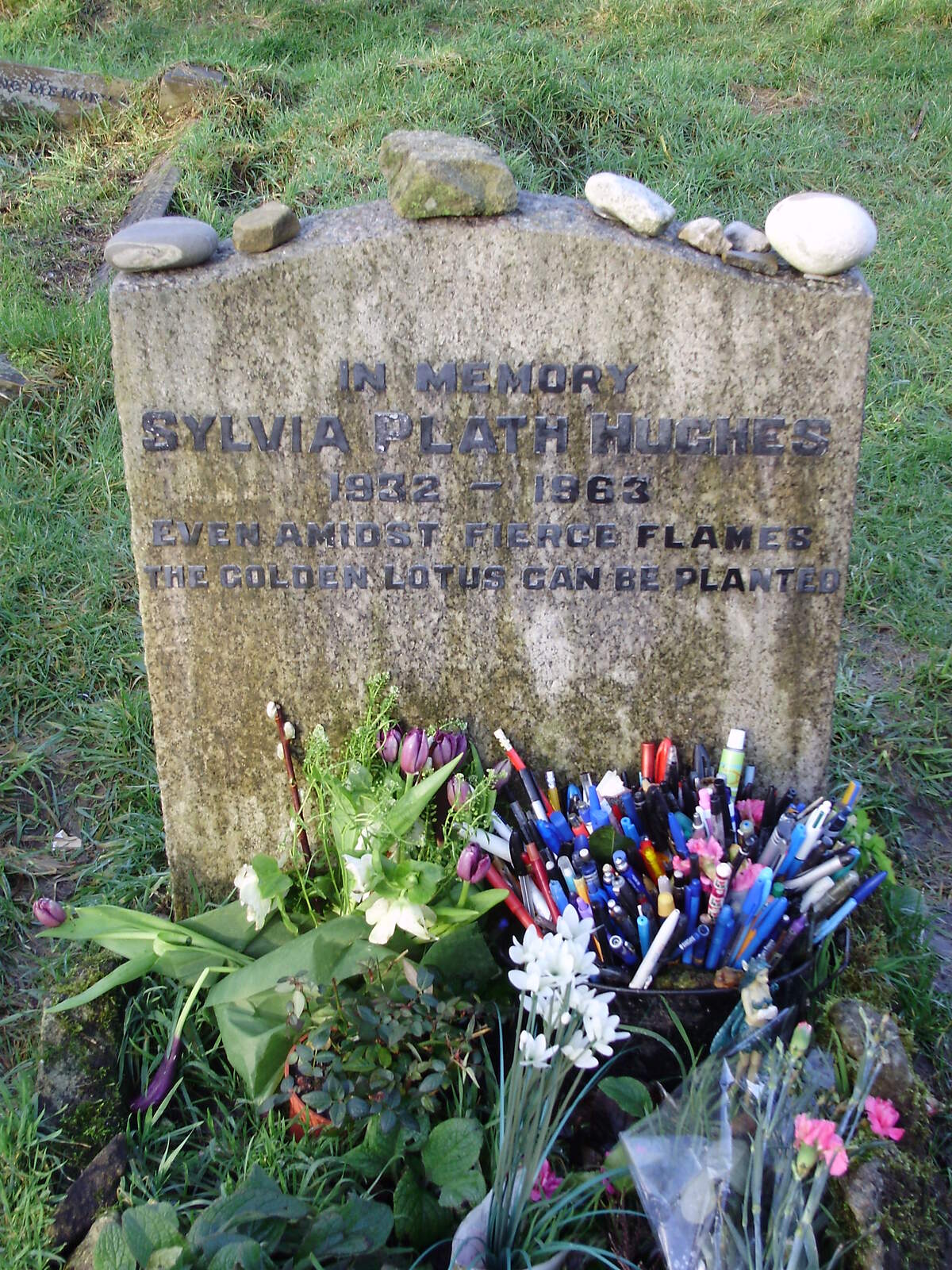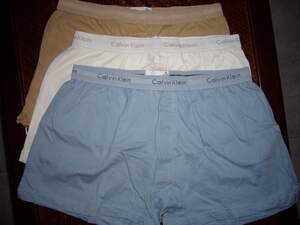

Sylvia Plath Day
Observed
annually on October 27th (since 2001)
Dates
Founded by
Mayor Mary Clare Higgins
Michael Haley
Hashtags
Sources
http://www.sylviaplath.info/biography.html
https://www.anrdoezrs.net/links/100298379/type/dlg/https://www.newspapers.com/image/442250089/
https://www.anrdoezrs.net/links/100298379/type/dlg/https://www.newspapers.com/image/442999790/
https://www.anrdoezrs.net/links/100298379/type/dlg/https://www.newspapers.com/image/533497858/
https://www.worldwideweirdholidays.com/sylvia-plath-day/
Sylvia Plath Day celebrates the life and work of poet and author Sylvia Plath. It was initiated by Michael Haley, a writer from Holyoke, Massachusetts, who thought more attention should be paid to Plath, and who said of her, "she is a great literary figure, and her life is a great lesson to us." A Sylvia Plath Day organizing committee was formed, and over 1,000 people signed a petition urging the day to be declared in Northampton, Massachusetts, home to Smith College, where Plath graduated in 1955 and later returned to teach English. In turn, Northampton Mayor Clare Higgins declared the first Sylvia Plath Day to be on October 27, 2001, on what would have been Plath's 69th birthday. During the years that followed, the holiday continued to be observed in Northampton and began being celebrated by Sylvia Plath admirers around the world.
Sylvia Plath was born in Boston on October 27, 1932. She spent her early childhood in the nearby coastal city of Winthrop, but after her father died when she was eight, she moved with her brother and mother to Wellesley, where she lived until she entered college. Another significant event occurred when she was eight: her first poem was published, appearing in the Boston Herald. Around 1944, Plath began keeping a journal; it would provide her inspiration for her many other writings. A gifted straight-A student who especially excelled in English and creative writing, Plath won a scholarship to Smith College in Northampton.
Plath wrote poetry during her early college years, but was still searching for her voice, and took the effort to perfect her work and master the fundamentals of the craft. She emulated Dylan Thomas, W.H. Auden, and Wallace Stevens, and kept a thesaurus nearby. She sent out poems and stories to publications, sometimes getting them accepted, but often getting rejected. She had aspirations to write short stories for women's magazines. In 1950, her articles began appearing in national periodicals, such as Christian Science Monitor and Seventeen, as well as in local newspapers.
After winning first prize in a contest for Mademoiselle magazine for her short story "Sunday at the Mintons," Plath was awarded the opportunity to become a guest editor for the magazine. She arrived at their Madison Avenue office in New York City in June 1953 and stayed at the Barbizon Hotel with other girls. These and the events that followed were later adapted into her only novel, The Bell Jar.
Plath returned home exhausted, but with hopes to get into a Harvard summer writing class. Her hopes were dashed when she wasn't accepted, and she grew despondent, not being able to write or otherwise function from July into August. Her usually revealing journal entries dried up. On August 24th, she left a note: "Have gone for a long walk. Will be home tomorrow." But there was no walk. Plath went into her cellar's crawl space, took sleeping pills, and lost consciousness. A large search around Boston ensued. Two days later Plath was found alive. This incident foreshadowed troubles to come.
After recovering, Plath was readmitted into Smith College in the spring of 1954, and during the summer she studied at Harvard. In the spring of 1955, she turned in her English honors thesis, The Magic Mirror: The Double in Dostoevsky, and graduated summa cum laude from Smith. She also won a Fulbright Scholarship to Newnham College, Cambridge University. Before heading to England, she spent the summer dating a few men, including Richard Sassoon. In England she stayed busy studying, writing essays, and participating in the university's dramatics club. She spent her winter vacation with Richard Sasson, but afterward, he broke off the relationship. As winter deepened, illness came—cold, flu, and a splinter in the eye—as did depression.
In late February, Plath read some poems of Ted Hughes in Cambridge's new poetry journal, Saint Botolph's Review, and met Hughes at a party in honor of the new journal. They found they drew influence from some of the same poets—like W.B. Yeats, Dylan Thomas, and D. H. Lawrence—and found they were also drawn to each other. They began a courtship. After Plath came to grips with the dissolution of her relationship with Sassoon, Hughes and Plath married on Bloomsday in 1956, in Bloomsbury, London. The couple spent the summer of 1956 writing in Spain, and also made a trip to Paris and to visit Hughes's parents in Yorkshire.
Plath continued her studies at Cambridge in the fall, and after she finished her schooling in 1957, the couple arrived in the United States in June. Plath had some work rejected, and she and Hughes spent some time on Cape Cod. They moved to Southampton in August, and Plath began teaching at Smith College. Unsatisfied, largely because it took time away from her own writing, she only taught for a year. The Hugheses moved to Boston in the summer of 1958, where they focused on writing and sending out poems, stories, and other creative writing compositions to publishers and contests.
The couple traveled out West in 1959, splitting their time between National Parks and big cities. In the fall they went to Yaddo, a writer's colony in Saratoga Springs. It was here that Plath had a poetic breakthrough and completed a number of poems. The Hugheses moved back to England in December. Their first child, Frieda Rebecca, was born in April 1960. Plath's first poetry collection, The Colossus and Other Poems, was published in October.
In early 1961, Plath was largely sidelined from writing poems by a miscarriage and appendectomy, though she did write some short stories. Perhaps the most consequential moment of her writing career came in March when she started The Bell Jar, which she finished in August. She also wrote 22 poems that year, and finally, in October, she got a short story published in a women's magazine, when "The Perfect Place" appeared in My Weekly.
Nicholas Farrar, the couple's second child, was born in January 1962. The spring that followed was a fruitful time for Plath for poetry, but later in the year, her suspicions of her husband's infidelity were proven true. After the couple separated in September, Plath wrote over 25 poems in October. Most were published as Ariel in 1965. Plath continued writing many poems into November and moved with her children into a flat in December. There was no telephone and not much heat, which was not ideal during such a harsh, cold winter.
The Bell Jar was published on January 14, 1963, under the pseudonym Victoria Lucas. It received mostly positive reviews—but Plath didn't live long enough to see them. Another spark of poetic creativity came in late January and lasted into February. But it was bitterly cold and Plath's children were sick, and she spiraled into a deep depression. Plath spent her last weekend alive at the home of friends Jillian and Gerry Becker in North London. During the early morning hours of February 11, 1963, Sylvia Plath sealed the room off between her and her children and put her head in a glass oven. The poems would never flow from her again.
The brilliance of Sylvia Plath's work is often overshadowed by her troubled life and early and tragic death. Sylvia Plath Day aims to shift the conversation, by celebrating both her life and work. Plath was a mother, wife, traveler, and troubled soul. She was a poet and author of short stories, articles, and a groundbreaking, introspective novel. Today she is celebrated and remembered in Northampton and around the world!
How to Observe Sylvia Plath Day
Some ways you could celebrate and remember the life and work of Sylvia Plath are to:
- Read The Bell Jar or one of Plath's poetry collections, such as The Colossus and Other Poems, Ariel, or The Collected Poems.
- Read some of Plath's most significant poems, which can be found online, such as "Lady Lazurus," "Tulips," "Daddy," "The Munich Mannequins," "Two Lovers and a Beachcomber by the Real Sea," and "The Moon and the Yew Tree."
- Visit the American Writers Museum.
- Visit Plath's grave.
- Read a biography about Plath such as Blazing Comet: The Short Life and Blazing Art of Sylvia Plath, Sylvia Plath, or Bitter Fame: A Life of Sylvia Plath.
- Watch Sylvia, the 2003 biopic starring Gwyneth Paltrow as Plath.
- Read something by Ted Hughes.
- Visit the primary website devoted to Plath.





















